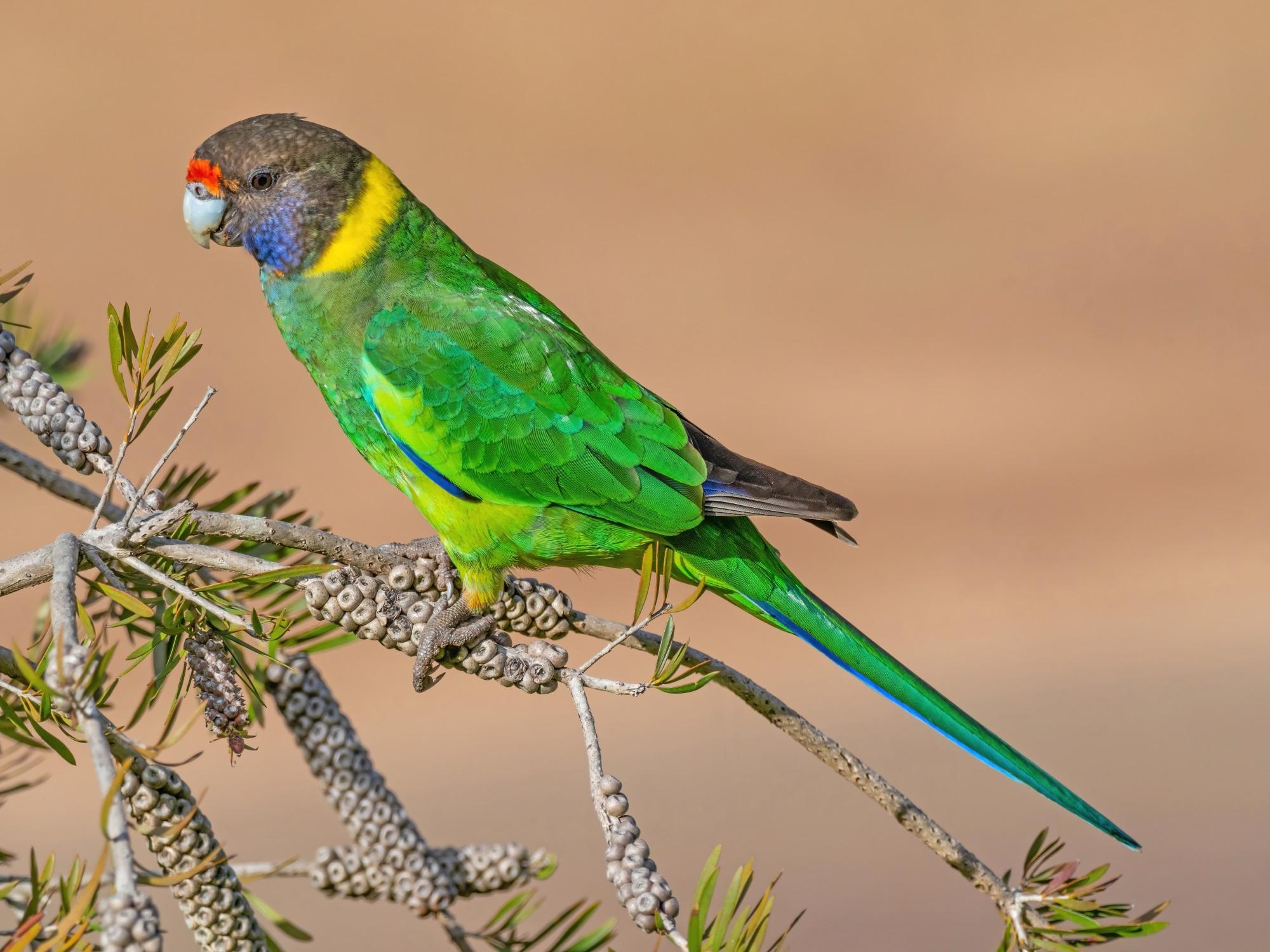Reviewed by Alex SmithSep 8 2021
The climate change issue not only affects humans but also animals. Certain “warm-blooded” animals are shapeshifting and evolving larger beaks, legs and ears to enhance the regulation of their body temperature as the planet gets hotter.

Image Credit: Shutterstock.com/ David Steele
Sara Ryding, a bird researcher from the Deakin University in Australia, explains these variations in a study published in the Trends in Ecology and Evolution journal on September 7th, 2021.
A lot of the time when climate change is discussed in mainstream media, people are asking ‘can humans overcome this?’, or ‘what technology can solve this?’. It’s high time we recognized that animals also have to adapt to these changes, but this is occurring over a far shorter timescale than would have occurred through most of evolutionary time. The climate change that we have created is heaping a whole lot of pressure on them, and while some species will adapt, others will not.
Sara Ryding, Bird Researchers, Deakin University
According to Ryding, climate change is a complicated and multifaceted phenomenon that has been progressing. Therefore, it is challenging to identify only one reason for the shapeshifting. However, these changes are taking place across a vast geographical region and among a variety of species. Thus, there is little in common apart from climate change.
Strong shapeshifting has been specifically reported in birds. Many species of Australian parrots have exhibited an average increase in bill size ranging from 4% to 10 % since 1871. This feature is positively correlated with the summer temperature every year.
North American dark-eyed Juncos, which is a type of small songbird, exhibits a connection between increased bill size and short-term temperature extremeness in cold environments. Mammalian species have also undergone some changes, as per reports. Tail length increase in wood mice and tail and leg size increase in masked shrews have also been reported.
The increases in appendage size we see so far are quite small — less than 10% — so the changes are unlikely to be immediately noticeable. However, prominent appendages such as ears are predicted to increase—so we might end up with a live-action Dumbo in the not-so-distant future.
Sara Ryding, Bird Researcher, Deakin University
As a next step, Ryding hopes to study shapeshifting in Australian birds, initially by 3D scanning museum bird specimens from the past 100 years. This will offer the research team more knowledge of birds that are changing appendage size owing to climate change and the corresponding reasons.
Shapeshifting does not mean that animals are coping with climate change and that all is ‘fine’. It just means they are evolving to survive it—but we’re not sure what the other ecological consequences of these changes are, or indeed that all species are capable of changing and surviving.
Sara Ryding, Bird Researcher, Deakin University
The research was funded by the Australian Research Council Discovery Project, an Australian Research Council Future Fellowship, and a Natural Sciences and Engineering Research Council of Canada Discovery Grant.
Journal Reference:
Ryding, S., et al. (2021) Shape-shifting: changing animal morphologies as a response to climatic warming. Trends in Ecology & Evolution. doi.org/10.1016/j.tree.2021.07.006.